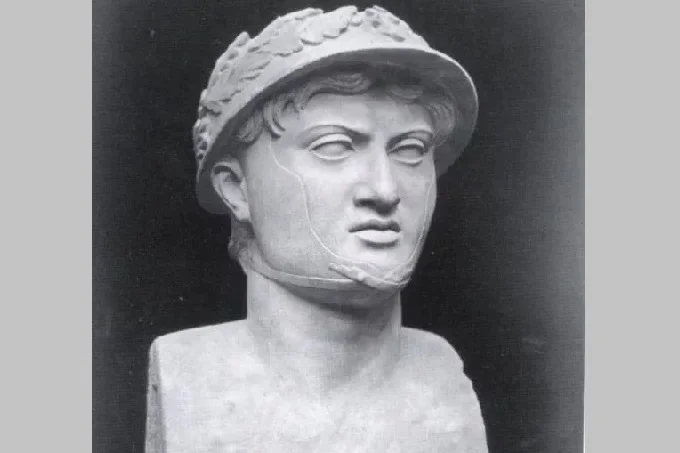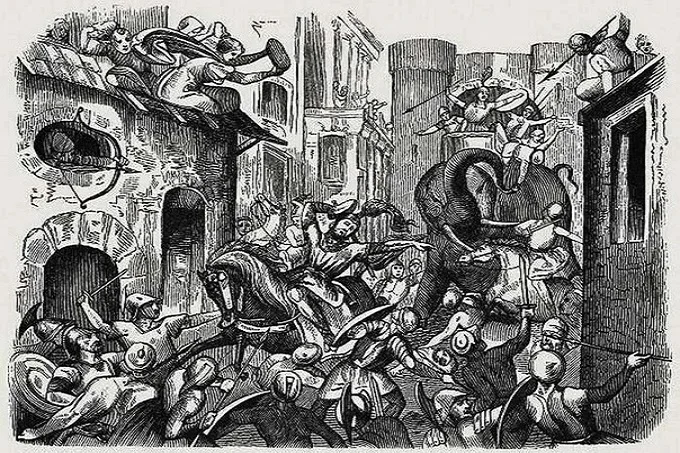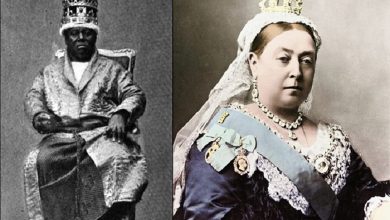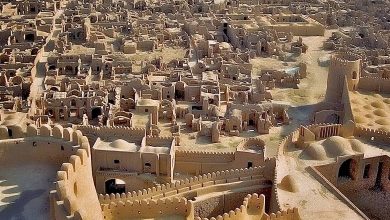King Pyrrhus, a great military leader who hasn’t lost a battle or won a war

Probably everyone has heard the expression “Pyrrhic victory”. It came from Pyrrhus, king of Epirus. “Another such victory and I will be left without an army,” he said after defeating the Romans at the Battle of Auscula. However, he was not worried about such trifles, he was a threat to any enemy, even with a meager army.
When the famous Hannibal was asked whom he considered the greatest commanders, he put Alexander the Great first and Pyrrhus of Epirus the second. He put himself only third.
Pyrrhus was indeed a great commander and introduced a lot of new tactics and strategies. Even the Romans learned a lot from him. He did not lose a single battle in dozens of wars that he waged and also managed to become famous not only as a commander but also as a mighty warrior and master of martial art.
However, there is one paradox – without losing a single battle, King Pyrrhus did not win a single war. How so, what kind of person is this, and where did he come from?
Epirus kingdom and the rise to power of Pyrrhus
I must say that if it were not for King Pyrrhus, we hardly ever heard about the Epirus kingdom, it was too small and insignificant for almost its entire history. It was a small state on the shores of the Ionian Sea, inhabited by the Illyrian Molossian tribe. It arose in the 5th century BC and quietly existed and most often was dependent on neighbors. However, with the coming to power of a new king named Pyrrhus, everything changed.
In 319 BC, in one of the two branches of the royal dynasty of Epirus, a boy was born, who was named Pyrrhus. I must say that he was a relative of Alexander the Great – at the same time a cousin and a second cousin (family ties in that era were very confusing). Simply put, Alexander’s mother, Olympias, was the daughter of the king of Epirus, and Pyrrhus belonged to the same dynasty.
He was born just four years after the death of Alexander the Great, and together with his kinship, this was the reason for the widespread belief among his contemporaries that Alexander himself was reborn in Pyrrhus.
However, his rise to power was by no means cloudless. In Epirus, there was a constant struggle between the two branches of the dynasty for power. We will not go into details, just the basic facts.
At two years old, Pyrrhus was barely saved from death and was taken out of the country, and he grew up at the court of the king of the Glaucias of Taulantii. At the age of 12, his guardian managed to achieve the coronation of Pyrrhus, but this lasted only five years. At the age of 17, after another uprising, he had to flee to Macedonia, where his sister was married to Demetrius Poliocetes, heir to the throne of Macedonia.
It was in Macedonia, at the age of 17, that Pyrrhus received his first baptism of fire and immediately earned a reputation as an excellent commander and a mighty warrior.
In 301, one of the largest battles of antiquity took place – the Battle of Ipsus. The Diadochi of Alexander the Great continued to fight for his inheritance, and under Ipsus, the strongest of them fought, the ruler of Macedonia Antigonus One-Eyed and the coalition of the rest, who did not want Antigonus to come to power over the entire empire of Alexander.
Antigonus and his heir, Demetrius Poliocetes, suffered a crushing defeat. The rout was complete. Most of the troops died, those who escaped fled in a complete panic—all with one exception. There was one unit that held its positions and retreated in full battle formation with minor losses.
This unit was commanded by the young brother-in-law of Demetrius Poliocetes, 17-year-old Pyrrhus. In this battle, he proved himself to be a wonderful commander. And not only that, It turned out that Pyrrhus is also a strong and fearless warrior with excellent command of weapons. He was noticed and remembered.
Ptolemy I Soter of Egypt himself married him to his niece Antigone, and when Pyrrhus decided to return to his homeland, he supported him with money and people.
And Pyrrhus returned. In 295, he agreed with the then king of Epirus, Neoptolemus, on a joint rule, but already in 296, he killed him with his own hands and became the sovereign king of Epirus. He was 23 years old, and so it began.
Vigorous activity
The situation throughout the Hellenistic world at that time was very difficult. There were almost continuous wars of all against all. And Pyrrhus enthusiastically got involved in this process. Already in 295, he invaded Macedonia. It would seem how a small and militarily weak Epirus could make any difference. However, under the leadership of King Pyrrhus, the Molossus army became a formidable force, with new tactics and strategies for the time.
Pyrrhus won many victories, not only in Macedonia but also in Greece. In fact, he took complete control of all the surrounding countries. From here on, he should have just quietly and persistently built up his state. However, no. Stranger things were happening. In 280 – 285, Pyrrhus essentially gives up all of his achievements and enters into extremely unfavorable treaties with all of his opponents. Defeated enemies. One gets the impression that Pyrrhus is not at all interested in the results of wars, but only in the wars themselves, and after victory, he loses all interest.
Already in 280, he enters into a new and rather adventurous war – he signs a treaty with the South-Italian city of Tarentum and disembarks in Italy. War with Rome begins and again, successfully. The Roman armies were defeated in two battles, and the army of Pyrrhus was already on the outskirts of Rome itself. By the way, at the battle of Asculum, he confirmed his reputation as the best warrior of the era – before the fight, he killed the best Roman soldier in a duel.
However, Pyrrhus does something strange again. He offers Rome peace and without any conditions. Rome refuses, but Pyrrhus doesn’t care. He leaves for Sicily to fight Carthage and again successfully.
He completely cleans Sicily of the Carthaginians and storms their main city on the island. And, as always, he takes part in the battle in person and is the first to climb the wall during the assault and again nothing. Pyrrhus again leaves everything and returns to Italy.
The last battle with the Romans takes place, at Benevento. This is probably the only battle of his career that he did not win, but he did not lose either. You could say it was a combat draw. Well, the Romans knew how to learn and at Benevento used its own techniques and inventions against Pyrrhus – fortified battle camps, the combination of different formations in one battle, and much more. But he was no longer interested in Italy either, Pyrrhus left there for good, never suffering a single defeat.
In general, Plutarch said it best about Pyrrhus …hungry for the distant and new, could not hold on to what he had achieved if it required perseverance. This is why Antigonus compared him to a dice player who knows how to make a clever throw but does not know how to take advantage of his luck.
After leaving Italy, Pyrrhus still takes part in all the wars in Macedonia and Greece, for there were plenty of wars back then. He continues to win victories, but it seems to be purely for sport. And in 272, he dies in an extremely absurd way.
During street battles in the city of Argos, where Pyrrhus is always at the forefront, a local woman hiding on the roof (a usual shelter for civilians) throws a piece of tiles at him. Accidents, such accidents – the tiles surprisingly accurately hit the joint of the armor on the back of the neck and interrupted the cervical vertebra. Pyrrhus fell and, of course, was immediately finished off.

Here is such a Pyrrhus, a great commander and a charismatic lover of a masterful fight, but no ruler or politician.




